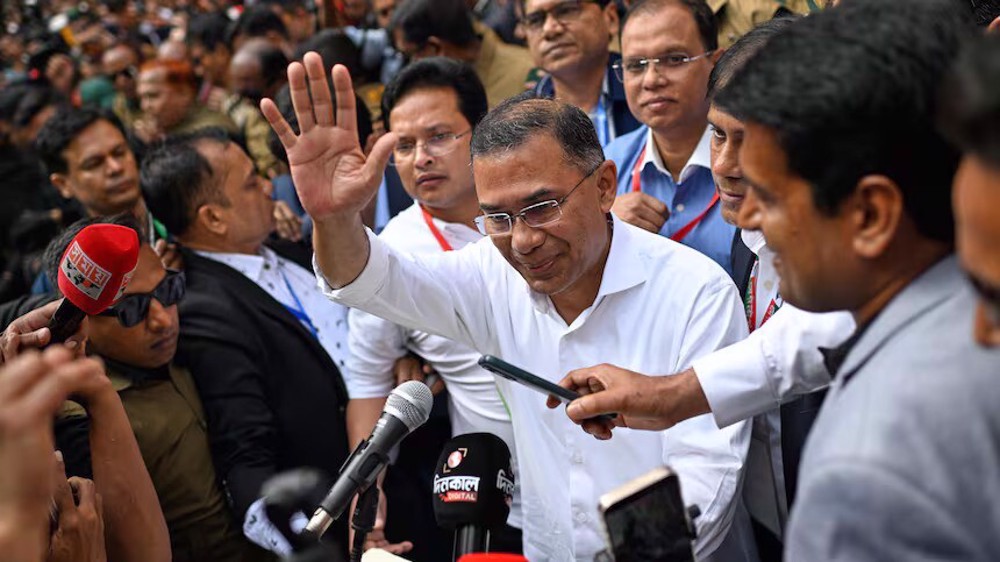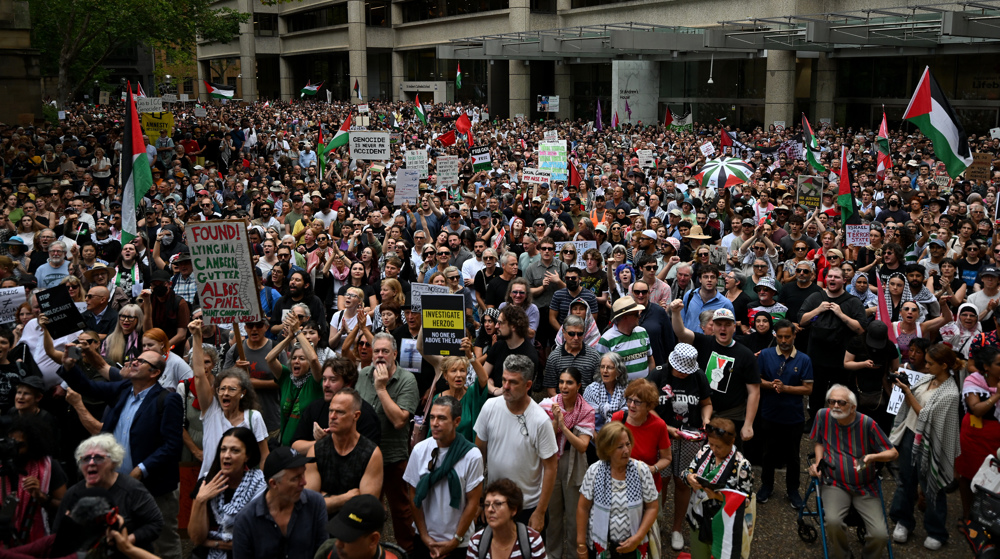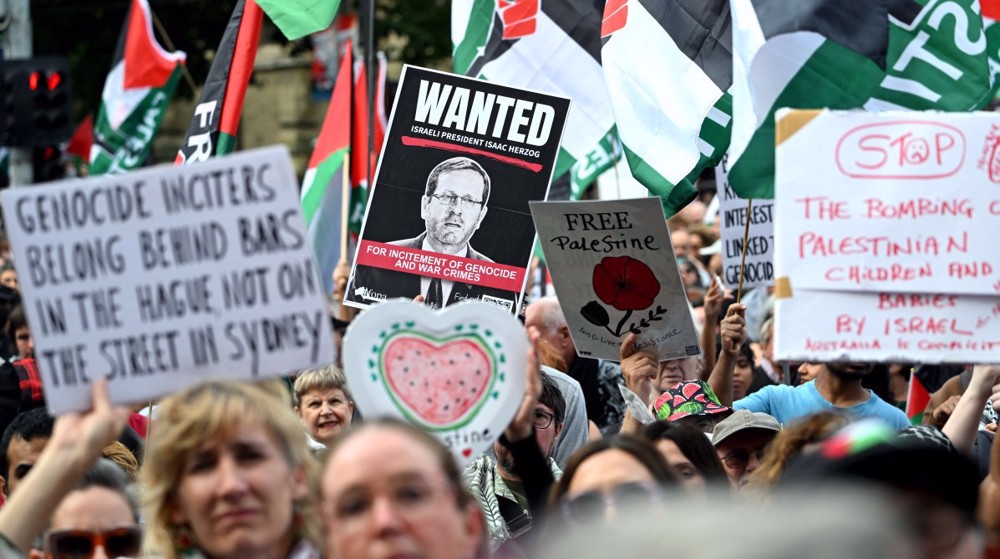Rohingya still face ‘persecution’ in Myanmar: UN envoy
The United Nations (UN)’s special envoy to Myanmar has urged Bangladesh to drop plans for a hasty repatriation of hundreds of Rohingya Muslim refugees to their homeland, where they are still facing a “high risk of persecution.”
More than 700,000 Rohingya refugees have taken refuge in Bangladesh since last year, when Myanmar’s armed forces, backed by Buddhist extremist mobs, launched an intensified crackdown against the Muslim community in Myanmar’s Rakhine State.
Thousands of Rohingya Muslims have been killed, and those who have survived by fleeing to Bangladesh are now living in severely-overcrowded camps in southeast Bangladesh’s Cox’s Bazar district.
Myanmar and Bangladesh first reached an agreement last year to begin the repatriation of the refugees, but the process has been delayed. Officials from both countries met earlier this week and announced they would start the process with 2,000 returnees in mid-November.
UN Special Rapporteur Yanghee Lee said on Tuesday that she had not seen any evidence of the government of Myanmar creating conditions conducive to the return of the Rohingya.
She said in a statement that the government in Naypyidaw had “failed to provide guarantees they (the Rohingya) would not suffer the same persecution and horrific violence all over again.”

Lee also said that according to credible information from the refugees in Bangladesh, the Muslims “are in deep fear of their names being on the list to be repatriated, causing distress and anguish.”
Thousands of Rohingya Muslims were killed, injured, arbitrarily arrested, or raped by Myanmarese soldiers and Buddhist mobs mainly between November 2016 and August 2017.
The UN has concluded that the atrocities constitute genocide.
Myanmar, however, has blatantly denied the violence. However, massive evidence has been collected by international observers, medics, and journalists.
In an interview with Press TV on Wednesday, international human rights lawyer Edward Corrigan also confirmed concerns over an “ongoing persecution” of the minority community, saying that, “It would be very dangerous for the Rohingya Muslims to return to Myanmar.”
Corrigan said that even if a return did take place, there would be other unresolved matters.
The repatriation of the Rohingya refugees to Myanmar, he said, is “only a partial solution because you still need to deal with the whole issue of citizenship and whether the Myanmar Muslims are entitled to Burma citizenship.”
Corrigan was referring to Myanmar’s refusal to grant citizenship to the Muslim community, who has lived in the country for generations. They are branded illegal immigrants from Bangladesh, which likewise denies them citizenship.
“Even though they have lived there for hundreds of years, the government is refusing to acknowledge that,” he said. “Myanmar Muslims are essentially stateless and this is what is at the core of their vulnerability.”
Chris Melzer, the UN Refugee Agency’s (UNHCR) senior external officer based in Cox’s Bazar, has also warned “against imposing any timetable or target figures for repatriation in respect of the voluntary nature and sustainability of return.”
Peace with Israel ‘not possible’ amid ongoing violations of Palestinian rights: Top diplomat
Discover Iran: The network of rivers, lakes, and wetlands of Sistan and Baluchestan
Russia: West reviving Navalny case to divert attention from Epstein scandal
Iran has ‘real ideas’ in indirect talks with US, will not submit to pressures: FM
‘Netanyahu is deceiving you’: Anti-settlement organization warns Trump
VIDEO | France, Italy, Germany call for UN special rapporteur Albanese to resign for slamming Israeli genoci
VIDEO | Kashmir prepares for Ramadan as holy month approaches
VIDEO | Two years on: Families plead for abducted Gaza doctors' release












 This makes it easy to access the Press TV website
This makes it easy to access the Press TV website